20 Strange Mythological Creatures From Around The World
Every culture has its different myths and legends that people believed in for hundreds of years. Especially before semitic religions, these myths had shaped the culture and daily life to a great extent, and many of them are still influential in today’s art. Particularly in literature and cinema, it’s possible to see many stories and characters inspired by these ancient myths. So, here are top 20 strange creatures from world’s most famous legends and their stories...
1. Chupacabra (Puerto Rican Mythology)
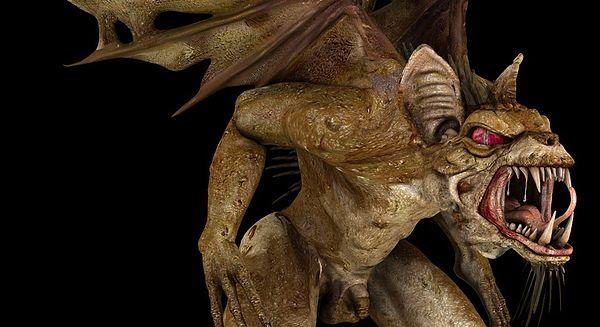
The chupacabra is a legendary creature that kills goats, rabbits, dogs, chicken and other animals by sucking their blood. It was first sighted in Puerto Rico in 1995.
Americans claim that the creature looks like a hairless dog, whereas according to Puerto Ricans, this creature can stand on its hind legs and looks terrifying.
2. Baba Yaga (Turkic- Altai- Bulgarian Mythology)
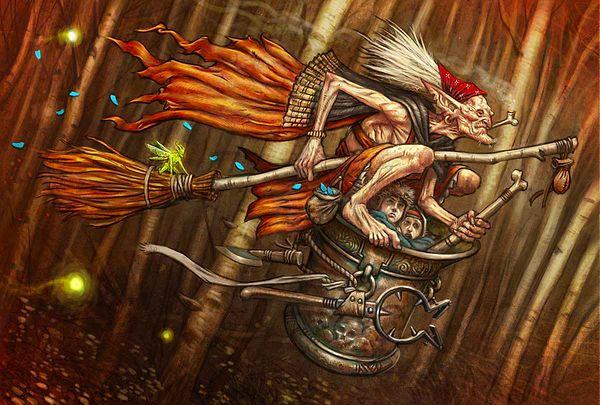
Baba Yaga is a demon like creature that perverts man and is the symbol of evil.
According to Turkic and Altai people, it’s a short and strong creature. It represents the dark forces of the universe, it lives beneath the earth and it’s related to the evil spirit “Yaka.”
There’s a witch symbol in Bulgarian culture called “Yaga” which can have the meaning of “evil spirit, devil spawned disease and harm.” In some dictionaries, it takes on the form “ig” and “iklig” which means disease. Again in Manichaeism, the word is used as the meaning of “devil.”
3. Gamayun (Slavic Mythology)
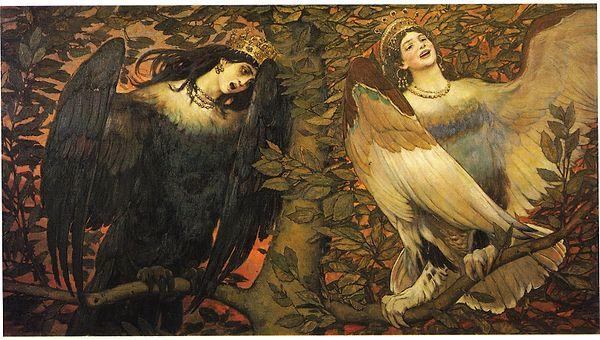
Gamayun is believed to belong to Slavic mythology, it’s normally described as a large bird with a woman’s head. It’s known to symbolize wisdom and knowledge.
4. Curupira (Brazilian Mythology)
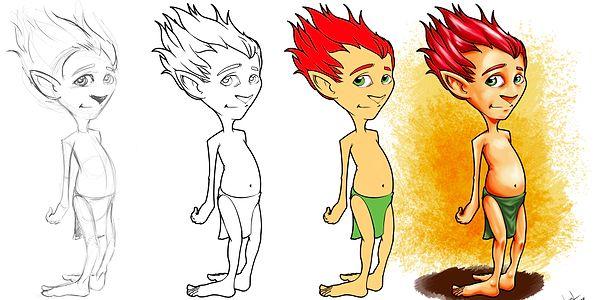
Curupira is a gnome like creature belonging to Brazilian mythology. In western Africa and Europe it’s generally accepted as a devilish figure.
5. Kumiho (Korean Mythology)

Kumiho belongs to Korean culture, according to the myth it has to eat the liver of 100 people to take on the form of a person. It’s incredibly beautiful and is trapped in a painting. According to the legend, in order for it to be free, someone must draw nine tails on the fox in the picture.
6. White Lady- Dames Blanches (French Mythology)

A mythological creature belonging to the French... well technically they aren’t “creatures,” in fact the Dames Blanches which means White Ladies in French, are known as a group of beautiful spirit women that greet men who are trying to cross a bridge or other narrow pathways.
They are said to ask men to dance with them in order to cross the bridge they’re trying to cross while never showing them any form of malice.
Myth has it that when rejected, they throw men off bridges or torment them with lutins, cats, owls and other creatures who help them.
7. Black Annis (British Mythology)
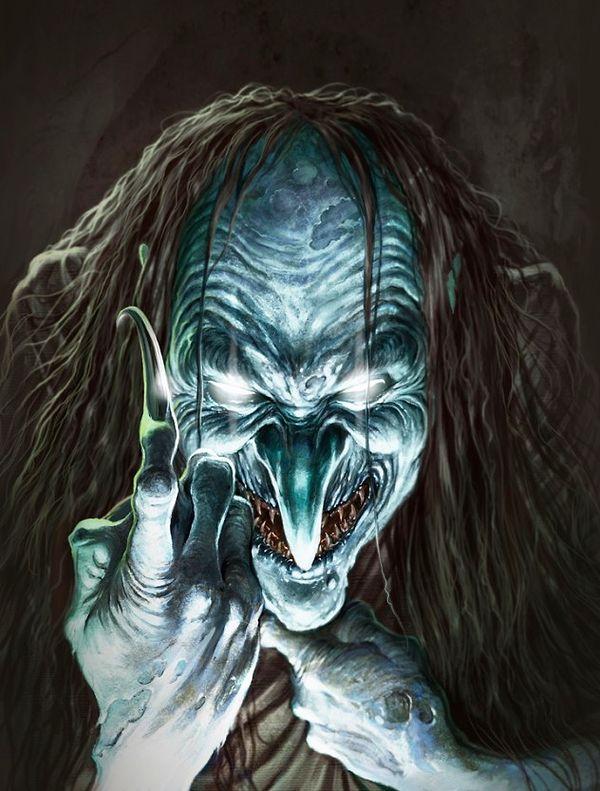
A creature belonging to British Mythology, she is said to have a nasty blue face.
A boogeyman type, she can also be described as a witch or a hag.
Naturally, she enjoys eating children.
8. Koschei the Deathless (Slavic Mythology)

This immortal creature again derives from Slavic mythology.
Its most important characteristic is being immortal, hence the name. You can only kill it by destroying its soul.
But it’s impossible to locate its soul, as it’s hidden in the form of a needle buried under a tree that’s on an island nobody would dare enter.
9. Strigoi (Romanian Mythology)
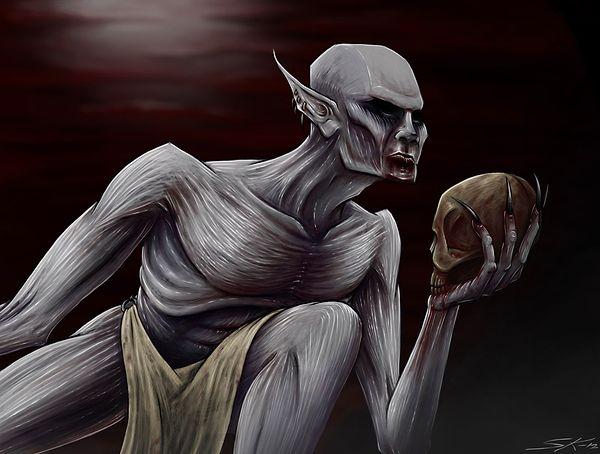
Those who know the series The Strain surely know this creature too; Strigoi is the product of the same culture that created Count Dracula: Romania.
Romanians claim that Strigoi is the father of Dracula, as opposed to the TV show, he is either invisible or is in the form of an animal.
10. Gugalanna (Sumerian Mythology)
Better known as the Great Bull of Heaven, Gugalanna was sent by the gods to take retribution on Gilgamesh.
According to astrologists, Gugalanna is known as the star sign Taurus today.
11. European Dragon (Greek Mythology)

I guess that the Dragon doesn’t need an introduction, but for those who don’t know, it’s a reptile that can fly and breathe fire.
Just like in the Hobbit, it retreated into a cave full of gold never to be seen again.
12. Dybbuk (Jewish Mythology)
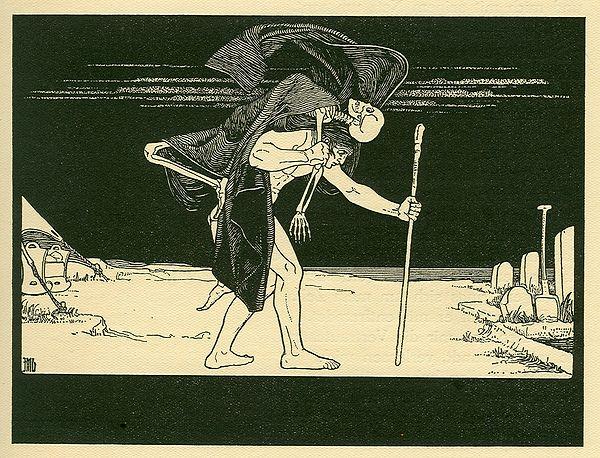
Dybbuk, according to the myth, is believed to be the Jewish version of the Devil. It’s claimed to be one of the worst evil spirits ever.
Historians say that the Dybbuk lives by clinging on to the souls of good and beautiful people and brings chaos and destruction wherever they go.
13. Pixiu (Chinese Mythology)
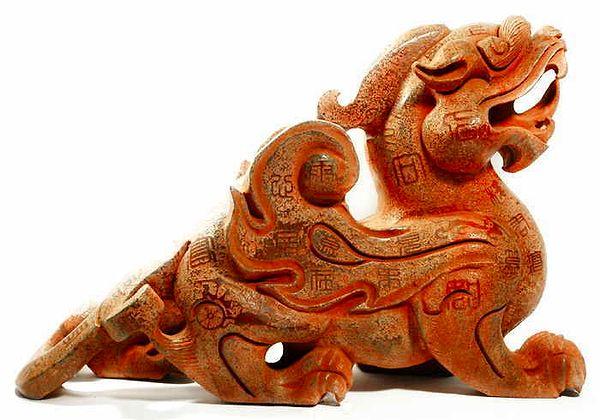
The Pixiu is a winged lion believed to bring wealth and keep away bad spirits.
The Chinese believe it to be a very powerful protector.
It’s the luckiest mythological creature mentioned in this article.
14. Kasa-Obake (Japanese Mythology)
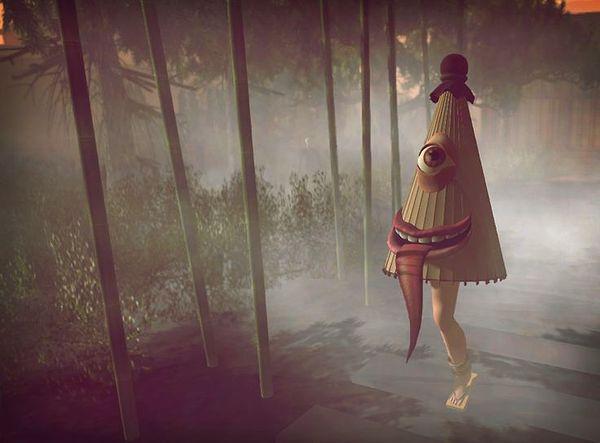
The Kasa-Obake is believed to be a one legged, one eyed and long tongued creature.
For a long time it has been said that it looks like an umbrella and can be seen travelling through valleys on dark, rainy nights.
It’s also said that it has never harmed a human.
15. Patupaiarehe (Maori Mythology)
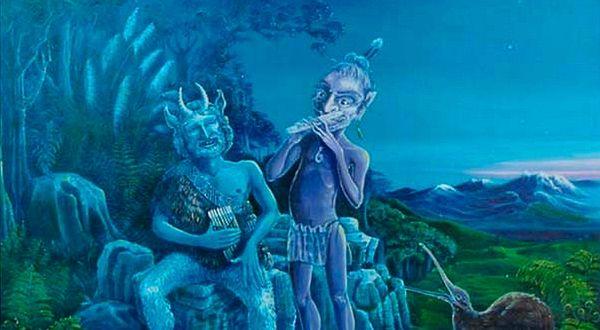
These pale spirits are believed to play ethereal flute music deep in the forests of New Zealand.
They are also known to be sometimes hostile towards humans.
16. Uchchaihshravas (Indian Mythology)
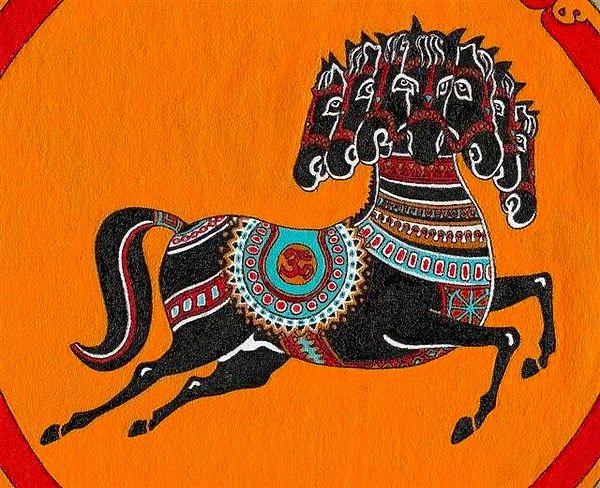
King of horses, it’s said that when Uchchaihshravas roars it deafens people. Also known as “the horse with seven heads” it’s the ride of the gods who created the ocean of milk.
17. Fenrir (Scandinavian Mythology)
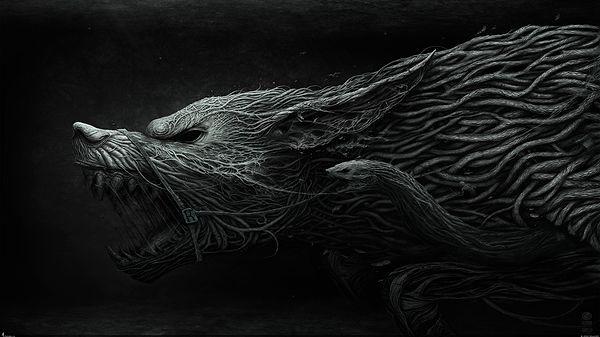
Fenrir is believed to be a monstrous wolf chained to the skies.
He was chained to the skies because the oracles prophesied that it would kill Odin by swallowing him. Legend has it Fenrir bit off the right arm of Tyr while he was trying to chain him.
Fenrir has been used by Marvel and many animes; according to the myth, he still waits in Ragnarok for the day he will kill Odin.
18. Vodyanoy (Russian Mythology)
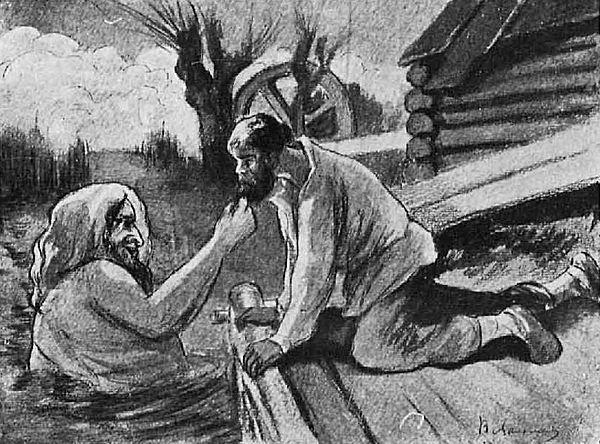
The Vodyanoy is described as a water spirit in Chuvash mythology. According to the myth, it died by drowning and turned into a water spirit. It is a half human creature.
The Vodyanoy is said to walk on two legs, and they live in large lakes; and just like humans, they have been said to have families and babies too.
19. Aqrabuamelu (Mesopotamian Mythology)
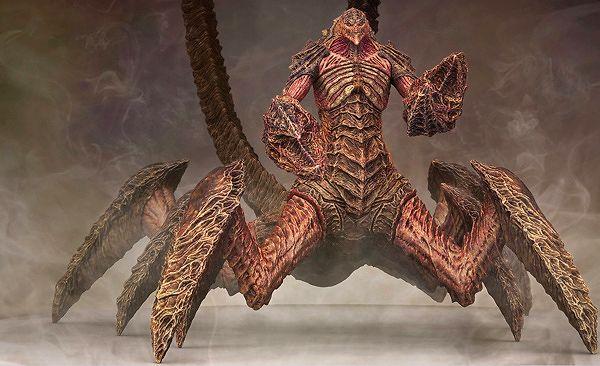
A creature with the head of a man and eight legs, it can bee seen as Tiamat in the first game of Darksiders.
It’s said to be the servant and guardian of the Sun god Ra.
20. Sphinx (Egyptian Mythology)
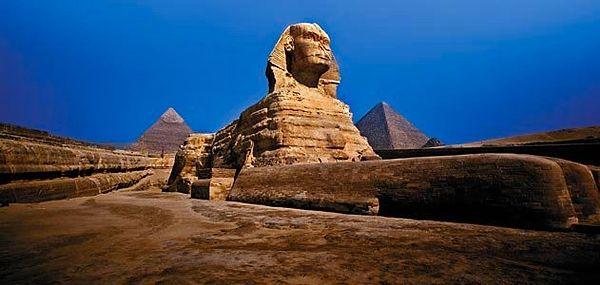
The Sphinx is a statue that either has the head of a bird, ram or man with the body of a lion. First seen in Ancient Egypt, it had a huge cultural significance in Greek mythology and gets its name from there.
It bears the title 'protector of the pyramids.'
Keşfet ile ziyaret ettiğin tüm kategorileri tek akışta gör!


Send Comment